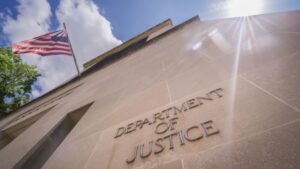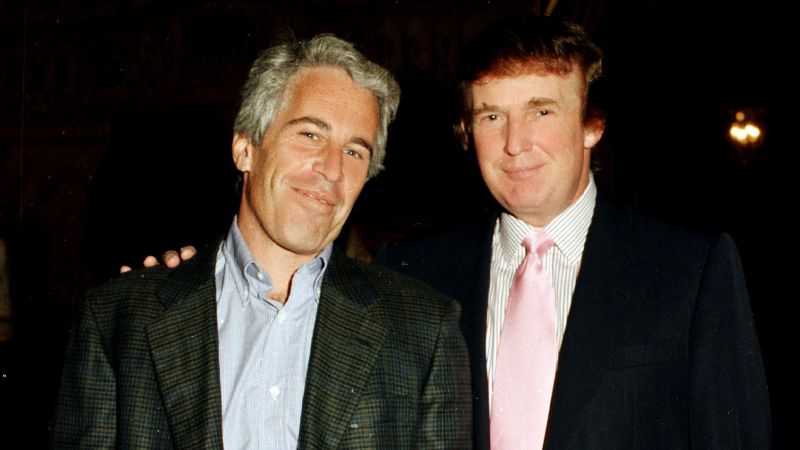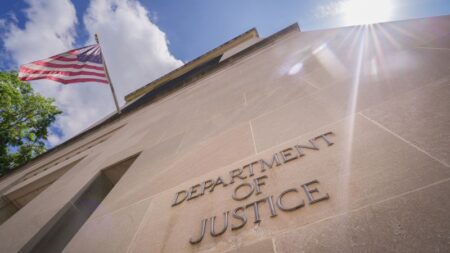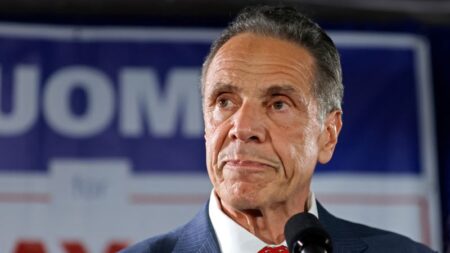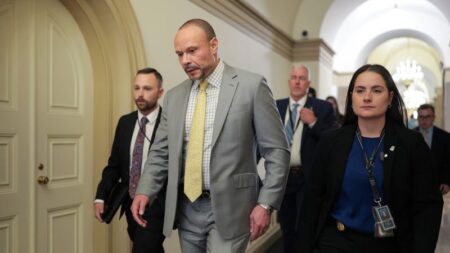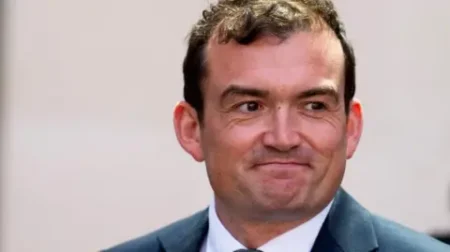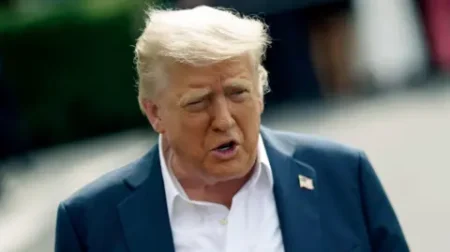The intrigue surrounding Jeffrey Epstein, a financier with connections to various influential figures, remains a topic of continuous speculation and inquiry, especially in light of recent statements made by prominent political figures. In 2021, JD Vance, who now holds a significant role in the Trump administration, raised concerns that the government might be concealing a so-called “client list” related to Epstein’s controversial dealings. However, the current administration asserts that no such list exists and has claimed definitively that Epstein died by suicide.
Vance’s past statements on the matter have resurfaced during a period marked by a heightened interest in Epstein’s connections and the possible complicity of powerful individuals in his activities. His criticism of journalists for not probing deeper into Epstein’s case is particularly poignant today. The ongoing questions surrounding the circumstances of Epstein’s death and the mishandling of the case by authorities encouraged a wave of suspicions, leading many to perceive the current administration as being part of a cover-up.
President Trump’s dismissal of concerns surrounding Epstein reflects a broader strategy of avoiding uncomfortable narratives. His flippant remarks, including questions like, “Are you still talking about Jeffrey Epstein!?”, establish a tone of disregard for a matter that many believe warrants serious examination. Similarly, FBI Director Kash Patel has echoed this sentiment, denouncing conspiracy theories associated with Epstein and claiming that they have no basis in reality. Such a unified front among Trump’s team suggests a concerted effort to downplay the significance of the allegations surrounding Epstein.
Ironically, the very individuals within the administration who today insist that there is nothing to uncover were once vocal proponents of the theory that significant scandals needed to be brought to light. In earlier statements, figures like Attorney General Pam Bondi hinted at having critical revelations that could implicate various individuals associated with Epstein. For instance, in an interview, Bondi claimed to have documents that may include the contentious client list, which she later clarified she was referencing other materials. This inconsistency raises questions about the administration’s credibility regarding its handling of information related to Epstein.
Furthermore, Vance himself previously provoked public curiosity by suggesting there might be a governmental interest in keeping Epstein’s client base cloaked in secrecy, questioning, “What possible interest would the U.S. government have in keeping Epstein’s clients secret?” This rhetorical inquiry underscores a nagging sense of distrust that the public harbors towards official narratives presented by the administration.
In light of all this, the continuing silence from the administration regarding the disclosure of pertinent documents further exacerbates concerns. Historically, such documents were expected to shed light on Epstein’s relationships with various influential entities and individuals, compelling many to demand more transparency. Promises of forthcoming disclosures have since dwindled to almost nothing, with significant recent communications from the Department of Justice asserting that most of the material remains sealed due to court orders, adding to the sense of disparity between what was promised and what is delivered.
The complexity of the situation is further compounded by the various conspiracy theories that have circulated over the years, with some implicating Epstein in a network that allegedly included intelligence operations and blackmail schemes. Former officials have voiced similar sentiments, with speculation that Epstein was more than just a financier; he may have played a role as an intelligence asset. This assertion has led to denials from high-ranking officials, including former Israeli Prime Minister Naftali Bennett, who categorically rejected any claims of Epstein being an Israeli operative.
As the Trump administration grapples with these multifaceted issues, the public’s demand for clarity continues to swell. Forthcoming disclosures, connections between Epstein and notable figures, and the overarching silence from those at the core of the investigation command the spotlight. Observers are left questioning what lies beneath the surface and what implications the revelations—or lack thereof—might hold for individuals previously involved with Epstein.
Ultimately, this situation illustrates a persistent challenge within American political discourse: accusations and counter-accusations around trust, accountability, and transparency. As the political landscape continues to evolve, the resonance of Epstein’s case in the public psyche only underscores the necessity for honest discussions aimed at uncovering the truth. The complex web of relationships and the power dynamics underpinning this case pose a significant challenge for the administration as commentators and citizens alike seek to hold powerful figures accountable.

